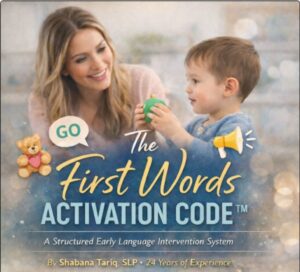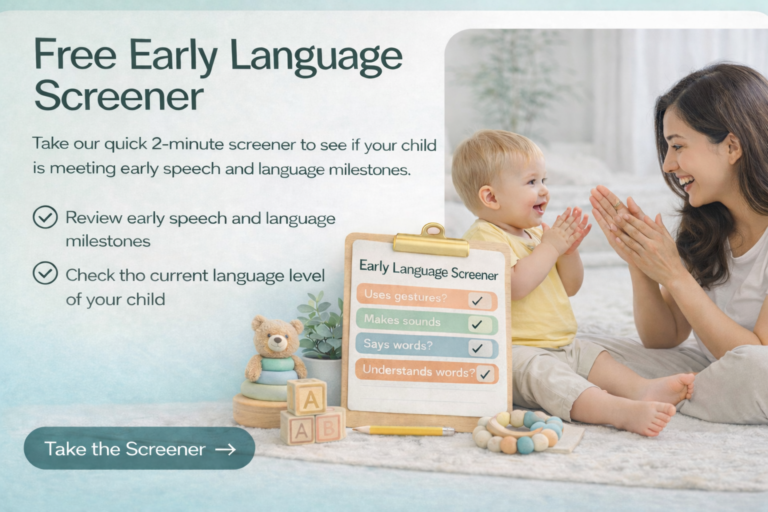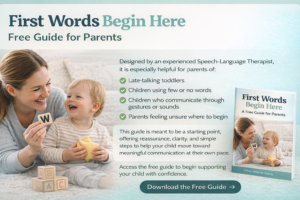Online Autism expert Speech &Language Pathologist
Specialized Online Autism SLP for Families Everywhere
High-quality, neurodiversity-affirming speech therapy delivered to the comfort of your home for Apraxia, Autism, Gestalt Language Processors, and AAC users.
WHO I HELP
HOW I HELP YOU
I Help Children Who:
- Are late talkers
- Autistic
- Are non-speaking
- Have Echolalia
- GLP
- Need AAC support
I help Parents who:
- Need home program
- Training to help their child at home
I Help through
- Online Therapy Sessions
- Offline Therapy Sessions
- Parents Training
- Online Consultation
- Online Resources
Research to results, simplified
Research-backed resources and support by SLP
that make Parents life easy

Freebies
Our Speech Language Therapy
Specialized SLP support that nurtures communication through child-led play and empowering parent coaching.
0
+
Support Given
0
+
Clients Rating
0
K +
Parents connected on YT, IN
0
+
Online Consultation
Trustindex verifies that the original source of the review is Google.Posted on


